What are Perennial Weeds?
Perennial Weeds are longer lived plants that can survive winter or regrow from roots, rhizomes or tubers in spring after a period of dormancy. Many weeds that grow from seed ...

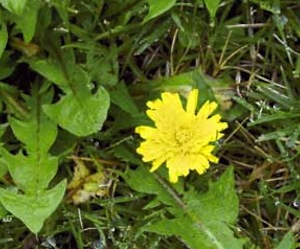 The term ‘Broadleaf Weeds’ refers to a very large number of different weed types that fit into a similar pattern of having mostly broad leaves, as well as being treatable by the same type of herbicide.
The term ‘Broadleaf Weeds’ refers to a very large number of different weed types that fit into a similar pattern of having mostly broad leaves, as well as being treatable by the same type of herbicide.
Broadleaf Weeds can include many Wild Grasses, Clover, Bindi, Catsear, Dandelions and hundreds, if not thousands, of other weeds types.
Because the category of Broadleaf Weeds is so varied and immense in size, it is often the first type of herbicide to turn to when there is multiple, or unknown, weed types in home lawns.
A spray with a Broadleaf herbicide will usually kill many weeds in its first application, leaving only more specific weed-types which can then be easily identified and treated.
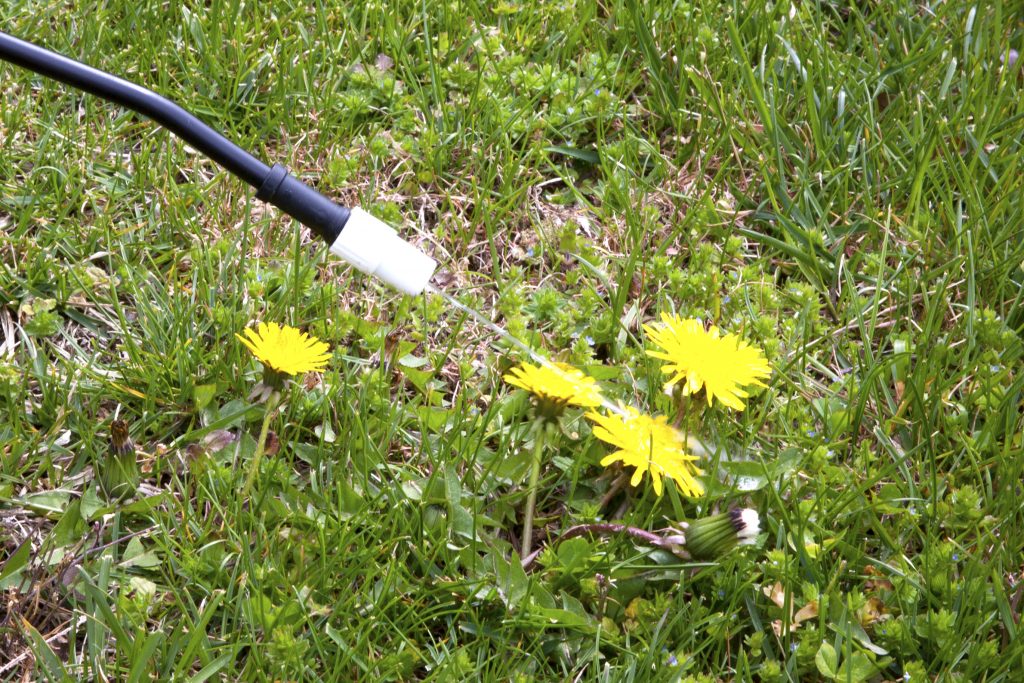 There are many different brands of Broadleaf herbicides available and they are all very similar in their applications.
There are many different brands of Broadleaf herbicides available and they are all very similar in their applications.
They can be bought from an online lawn care store like myhomeTURF’s online shop in a concentrated form and mixed up in a spraying bottle as per the manufacturer’s directions.
Spraying the lawn is very straight forward. However, the homeowner should keep these points in mind when planning to spray:
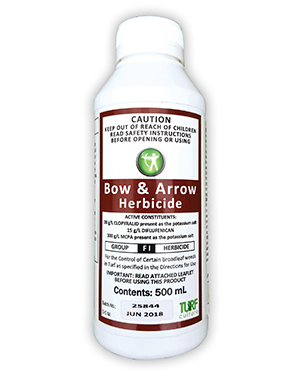
Bow and Arrow 500mL is one of the most effective broadleaf liquid herbicides on the market. Bow and Arrow 500mL is suitable for Zoysia, Kikuyu, Couch and Buffalo grasses however transient discolouration may occur on Kikuyu, Carpet and Queensland Blue Couch lawns. Always read the safety directions and instructions on the product label before use.
SHOP NOW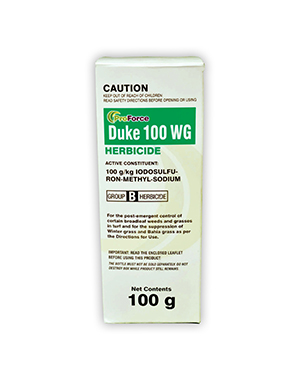
myhomeTURF also recommends Indigo Duke, which is a post-emergent liquid herbicide. Always read the safety directions and instructions on the product label before use.
Note: Indigo Duke is not suitable for use on Zoysia grasses.
SHOP NOW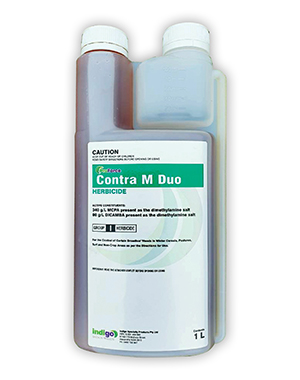
Indigo ProForce Contra M 1L is a reliable, selective liquid herbicide used to control Broadleaf Weeds. Indigo ProForce Contra M achieves the best results when used with Wetter 600. Indigo ProForce Contra M CANNOT be used on Buffalo lawns but is suitable for use on Zoysia, Kikuyu and Couch grasses. Always read the safety directions and instructions on the product label before use.
SHOP NOWBuffalo lawns are extremely sensitive to Broadleaf weed sprays.
This is because the herbicide used to attach itself to the Broadleaf weeds also attaches itself to the broadleaf of Buffalo grass. The result can be sickness or even death of the Buffalo lawn.
Some Broadleaf herbicides are suitable for use with Buffalo lawns. So, always be very careful before choosing the right herbicide and always check the label, before purchase, as to its suitability for use on Buffalo grass.